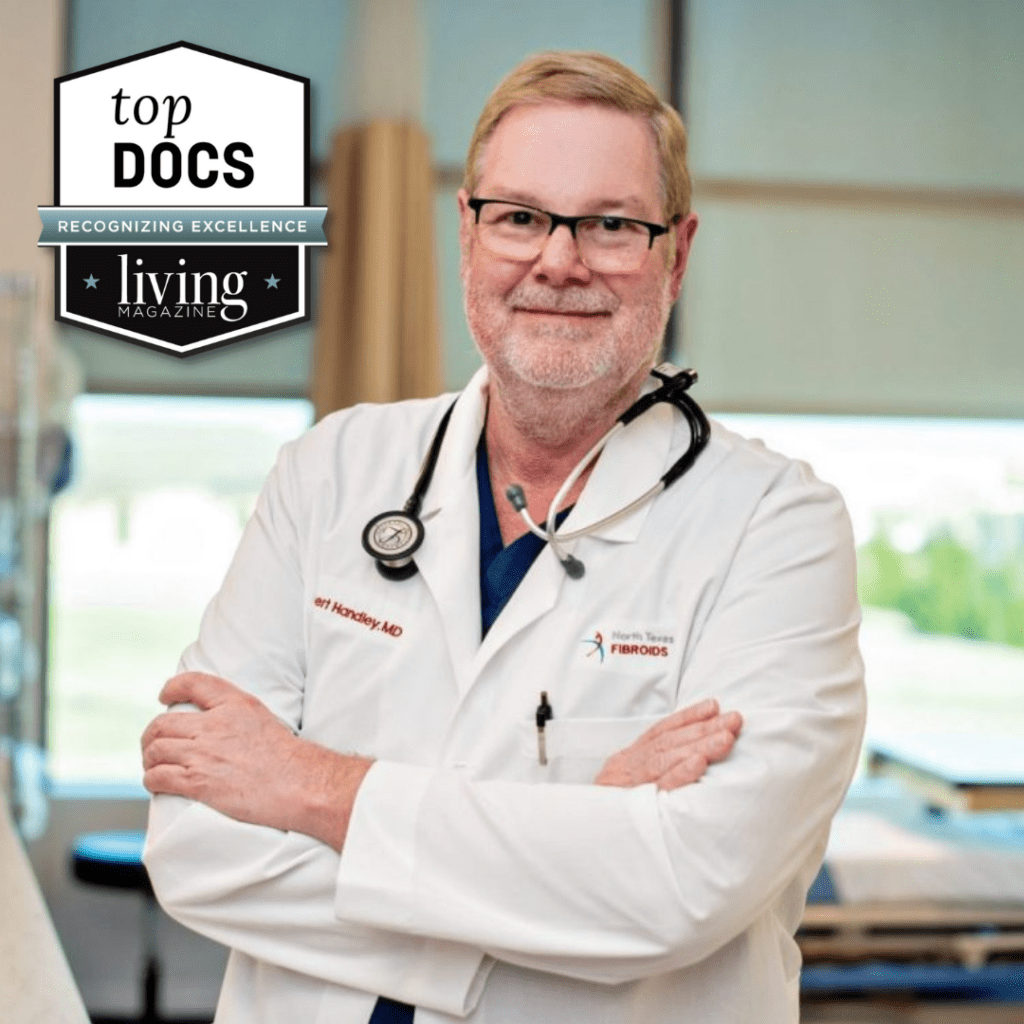If our years of providing vein disease treatment in Texas have taught us nothing else, it’s that most people don’t understand the impact that vein disease can have on their overall health. Even patients whose legs are covered with varicose veins or spider veins don’t consider their condition a real disease; they think of it more of an inconvenience, a cosmetic problem that comes with age, but one that they can “live with” by just wearing long pants and dark stockings to hide the swollen veins.
The odd thing is, many of these patients persist in believing this even while complaining about numerous complications that have been caused by their varicose veins. They complain of chronically swollen legs and ankles, that their legs feel weak and tired all the time, and that the swelling often causes so much pain that all they can’t walk. But for some reason many of these patients haven’t put two and two together and realized that the disease that caused their varicose veins is causing these other symptoms as well.
How Could Vein Disease Affect Other Aspects of My Health?
The most common cause of varicose veins is a vein disease called chronic venous insufficiency, or CVI. A vein specialist Flower Mound says it occurs when the tiny, one-way valves that control the flow of blood through your veins become damaged or diseased, and as a result become “leaky.” Instead of closing properly after the blood flows through, they remain open, allowing deoxygenated blood to flow back into the veins and pool there. This is what causes varicose veins to become enlarged and discolored.
But CVI does more than just cause veins to swell – it causes them to stop working properly. Blood flow to your heart and lungs is impaired, and as a result your entire circulatory system becomes impaired. The impairment cascades, and begins to affect your immune system, weakening your overall health and drastically increasing your risk of developing more serious conditions such as obesity, diabetes, and heart disease.
How Your Swollen Legs and Ankles Affect Your Overall Health
If your legs become so swollen as a result of CVI that it becomes painful to walk, you may begin to develop patterns of inactivity. Sitting too much and being physically inactive has been identified by doctors as one of the leading causes of mortality from all causes worldwide. Researchers from the respected English medical journal The Lancet called inactivity a “pandemic,” and one that “kills more people per year than smoking.”
If the inactivity caused by CVI weren’t enough, there is another vein disease to be concerned about, one that could not only impair your health, but kill you. That disease is called deep vein thrombosis (DVT), and occurs when blood clots begin to form in the deep veins of your legs. These blood clots block blood flow, and thus degrade your overall health, but what makes them so dangerous is that if they travel from your legs to your lungs, they can cause a pulmonary embolism, and if they travel to your brain, they can cause a stroke. These conditions kill over 300,000 Americans every year, most of them victims of something they never realized could hurt them – vein disease.
So how do I avoid vein disease and thus protect my overall health?
Your first step to prevent or fight vein disease is to find out if you have it. You can do this by calling Dr. Robert A. Handley at North Texas Vein & Vascular and scheduling an appointment for a venous health screening. These checkups take only about an hour, but can quickly determine the state of your vein health. If he finds that you don’t have vein disease currently, he will inform you about your risk factors for developing it in the future, and give you advice on how to lower these risks, and thus remain healthy.
If Dr. Handley finds evidence of vein disease, he will clearly present your treatment options to you, and help you to select those that are most appropriate for your condition. These may range from conservative treatments such as the use of compression stockings to minimally-invasive treatments such as sclerotherapy or endovenous laser therapy to completely remove varicose veins or blood clots. Whatever the outcome of your screening, the important thing is that you will know the precise state of your venous health, and how at risk you are of developing vein disease. And you can accomplish all of this with a single phone call to 972-410-5757. Make that call today.
